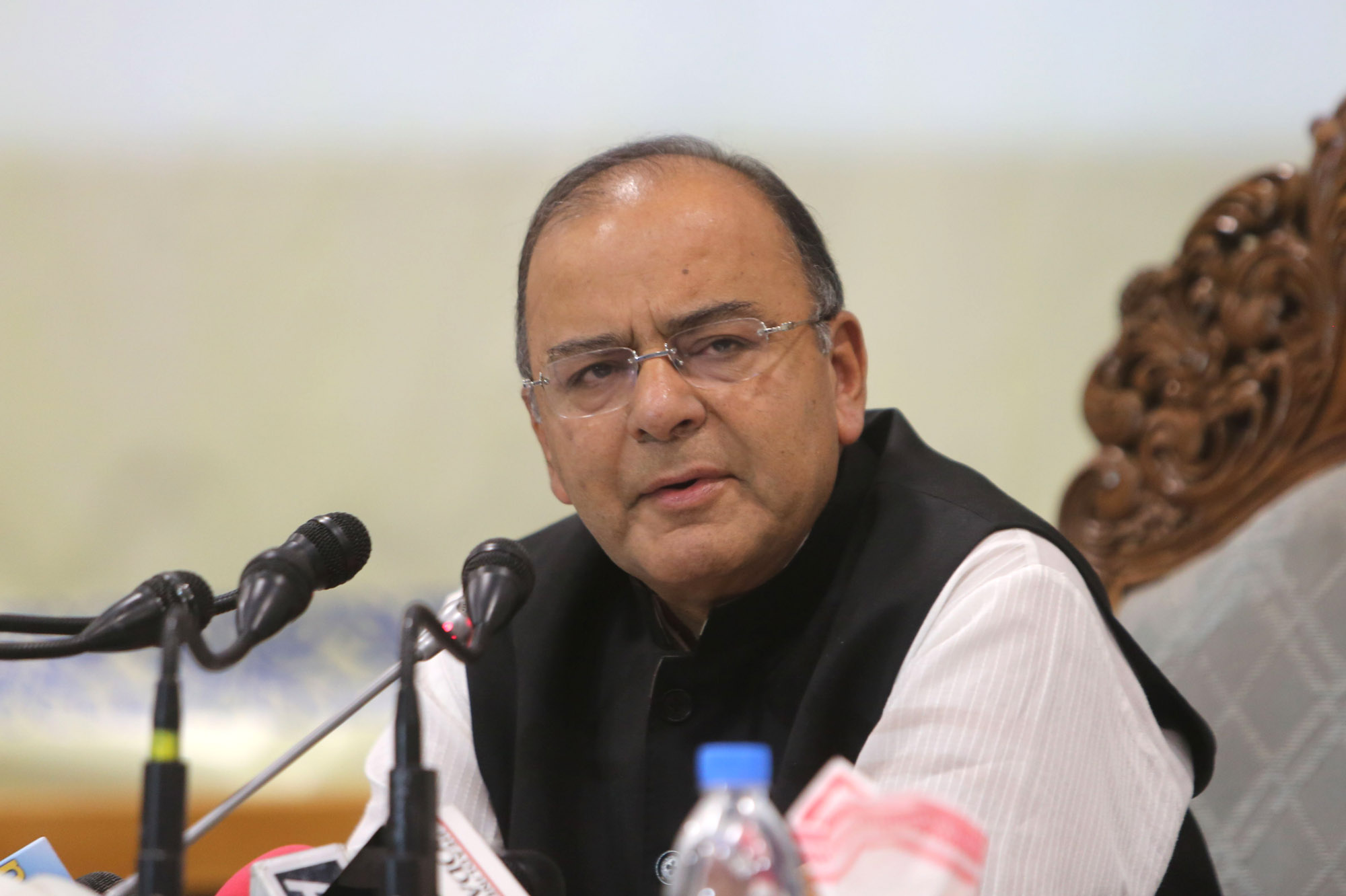Jaitley’s cavalier attitude plagues the economy
Ravi Shanker Kapoor | February 17, 2018 8:35 am

When was the last time that you heard of the high judiciary rapping the government of the day for the poor execution of a tax regime? Despite courts adopting an activist posture, such interventions are almost unheard of. The Finance Ministry government, however, has scored on this count: such has been shoddiness in the implementation of the goods & services tax (GST) that the Bombay High Court has slammed it in no uncertain terms.
Responding to a writ petition, the court said the new regime is “not tax-friendly” and lacks grievance redress mechanisms. The GST implementation, it said, is hurting the “image, prestige and reputation of the country.” Especially as “we are inviting and welcoming foreign investment in the state and the country.” The court’s scathing remarks are a strong condemnation of not just Finance Minister Arun Jaitley but also the entire government which has been so unresponsive to the concerns of businessmen that they have to seek relief from courts.
In its writ petition, automation equipment company Abicor Binzel Technoweld had highlighted difficulties related to registration and return filing on the GST Network, the information technology backbone of the new indirect tax, reported Business Standard (February 10). The petition also raised concerns over difficulties in claiming input tax credit.
“A tax like the GST was highly publicized and termed as popular… The special sessions of Parliament or special or extraordinary meetings of Council would mean nothing to assessees unless they obtain easy access to the website and portals,” the court observed.
Over eight months have passed since the introduction of the GST, but complaints about return filing, three GST returns, input tax credit, transitional credit refund, consignment delays, and GST Network glitches. Transitional credit on pre-GST stocks is estimated at Rs 1.3 lakh crores. The incompetence of GST execution can be gauged from the fact that on its inaugural day of rollout, the e-way, or electronic-way, bill had to be postponed indefinitely.
The e-way bill under the GST, a mechanism to avert tax evasion on inter-State movement of goods, is likely to be re-notified in two to three months once the technical glitches are addressed, reported The Hindu Businessline (February 6). “Further, to ensure that IT problems do not hold up the system in future, the government is looking at an alternative option that can be used by businesses if they are unable to generate the e-way bill, which is an online ticket for movement of goods over Rs 50,000 for distances over 10 km.”
One wonders how did the government rolled out the mechanism in the first place when it was still work in progress. Did anybody on top bother to scrutinize the nitty-gritty of the system? If yes, couldn’t they see the gaps?
With ineptitude and chaos reigning at the top, the GST is proving to be a nightmare for industry. Despite all the promises, assurances, and reassurances, GST continues to haunt the business community. As late as February 11, DNA reported, “Refunds under Goods and Services Tax (GST) continue to haunt exporters in the state [Gujarat’. According to estimates, the refund pending with the government is estimated at Rs 3,000 crore and it is unclear when businessmen will get their refunds.”
Evidently, Prime Minister Narendra Modi and his ministers, especially Jaitley, are not bothered about the plight of exporters and other businesspersons. They need to realize that their cavalier attitude towards GST, as towards other issues, is hurtful to the economy and an embarrassment to the country.






























